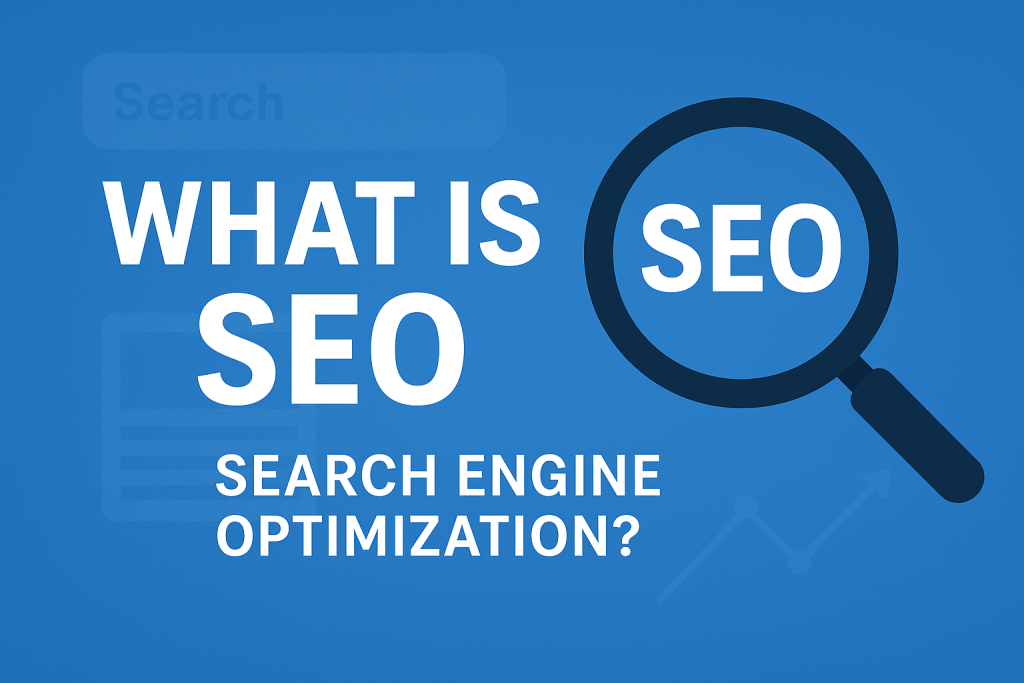What is SEO
SEO or, search engine optimization, is the process of improving a site’s visibility in the search engines. The whole purpose is to drive more organic traffic by being on the top of search results.
SEO covers all manner of tactics and methods to boost a website’s performance and relevance. It encompasses the keyword research, on page optimization and rich content creation. A successful SEO will drive more traffic and result in more engagement and conversions. Regular updates and consistently monitoring the site are required to keep ahead of competition and search engine algorithm modifications.
SEO has both an artistic and a scientific aspect. Best practices help in giving a user friendly experience along with good search engine perception. The bottom line is, you won’t get too far online without SEO these days.
How Search Engines Work
Search engines are complex systems. Adding a search function will allow users to get what they need fast. Knowing how they operate is imperative to be successful with any Search Engine Optimization (SEO). There are three main functions that a search engine does: crawling, indexing, and ranking.
Crawling And Indexing
Crawling is the first step. Search engines dispatch robots, or spiders. These spiders work their way along a web, going from web page to web page. They chase after the links from one page to the next. They gather information about every page they visit.
The second phase is indexing, which happens after crawling. In this stage, the full set of signals is placed in a huge database. What is this database called? An index. When a user conducts a search, the search engine combs through this index to deliver results that are relevant.
Ranking Algorithms
Once a search engine has gathered all of the documents in its index, it sorts them by running various ranking algorithms. These algorithms consider a number of factors to decide which page is most relevant. Some factors consist of key word usage, page speed and mobile-friendliness.
These are indeed difficult algorithmic issues. You should know them so you can tailor your own content for maximum effect. This can help you rank better in search results.

